Thirty Days to Halloween, Day 8: Bodies in the Trinity: A Story of La Llorona
by Rickey Pittman
The legend of La Llorona, the weeping woman is an ancient terrifying legend. In a way, the legend is a cautionary tale, warning men of how their behavior and mistreatment of women can have serious consequences. It is a tale of how rejection and grief can rip at the heart and warp the mind, a tale of the pain women feel at the loss of children. There are other lessons as well. A movie was made of the tale. I put the trailer at the end of the story I wrote for a horror contest.

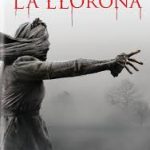
BODIES IN THE TRINITY by Rickey Pittman
Evil is a true thing in Mexico. It goes about on its own legs. Maybe someday it will come to you. Maybe it already has—Cormac McCarthy, All the Pretty Horses
I AM LA LLARONA, AND I WEEP FOR MY CHILDREN. For centuries of nights I have wandered along the waters throughout Mexico. And yes, I walk along the banks of your Trinity River. I have strolled along your Turtle Creek, your Bachman Lake and the other waters. You are surprised to find me in your country? Do not be. No, in my lifetime, your land too was once a part of Mexico.
I am a Mexican ghost, born of a desert tragedy. On that dreadful night, when I realized my lover had abandoned us, I blew out the last candle I had lit for him and drowned my two little children, damning myself forever. But as I was a whore in the eyes of all, what else could I have done? I had given this man my virginity, my honor, my future. No one would help us—-not my parents, not the Holy Church, not the residents of our pueblo. I am forever lost now—in the night, in the madness, pain, hopelessness, grief, and loneliness. Ay, mis hijos, ¿Donde Estan mis hijos?
“Yes. But who are you? Are you an angel?”

 I don’t watch much TV, but I love movies, especially those that fit with my two favorite seasons–Halloween and Christmas. My favorite children’s video for Halloween in The Book of Life, a computer-animated film that follows the adventures of a guitar-playing bullfighter, Manolo, on the Day of the Dead as he journeys into the worlds of the dead. The film as breathtaking animation and graphics, and is full of humor, music, and fun. Adults and children alike will enjoy this. Here are the DVD cover and official trailer video.
I don’t watch much TV, but I love movies, especially those that fit with my two favorite seasons–Halloween and Christmas. My favorite children’s video for Halloween in The Book of Life, a computer-animated film that follows the adventures of a guitar-playing bullfighter, Manolo, on the Day of the Dead as he journeys into the worlds of the dead. The film as breathtaking animation and graphics, and is full of humor, music, and fun. Adults and children alike will enjoy this. Here are the DVD cover and official trailer video.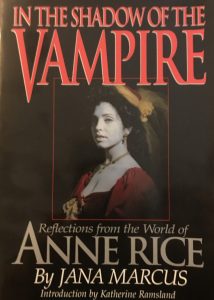
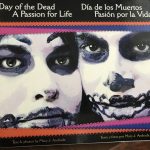

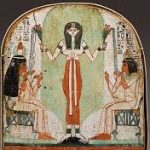 Henry sat at his desk, and as usual, was surrounded by mountains of files and jumbled papers.
Henry sat at his desk, and as usual, was surrounded by mountains of files and jumbled papers.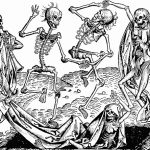

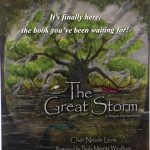 The Great Storm: A Bayou Fairies Book by Cher Nicole Levis and illustrated by Paula Merritt Windham was released with perfect timing at the peak of hurricane season. This is Levis’ second children’s picture book, a sequel to her first book, The Bayou Fairies. Bayou Fairies is a children’s book that teaches children about the plants, trees, flowers and animals of South Louisiana and how one can make friends by acts of kindness. The Great Storm also follows these same themes. You can read my review of Bayou Fairies
The Great Storm: A Bayou Fairies Book by Cher Nicole Levis and illustrated by Paula Merritt Windham was released with perfect timing at the peak of hurricane season. This is Levis’ second children’s picture book, a sequel to her first book, The Bayou Fairies. Bayou Fairies is a children’s book that teaches children about the plants, trees, flowers and animals of South Louisiana and how one can make friends by acts of kindness. The Great Storm also follows these same themes. You can read my review of Bayou Fairies 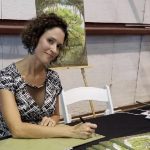 One can tell that Author Levis loves the bayous she was raised on and one can conclude that her degree in creative writing was well deserved. The book was published by All-Gator Bookbites Publishing House in Lake Charles, Louisiana. This a book that will warm the heart of any reader. One can order the book
One can tell that Author Levis loves the bayous she was raised on and one can conclude that her degree in creative writing was well deserved. The book was published by All-Gator Bookbites Publishing House in Lake Charles, Louisiana. This a book that will warm the heart of any reader. One can order the book